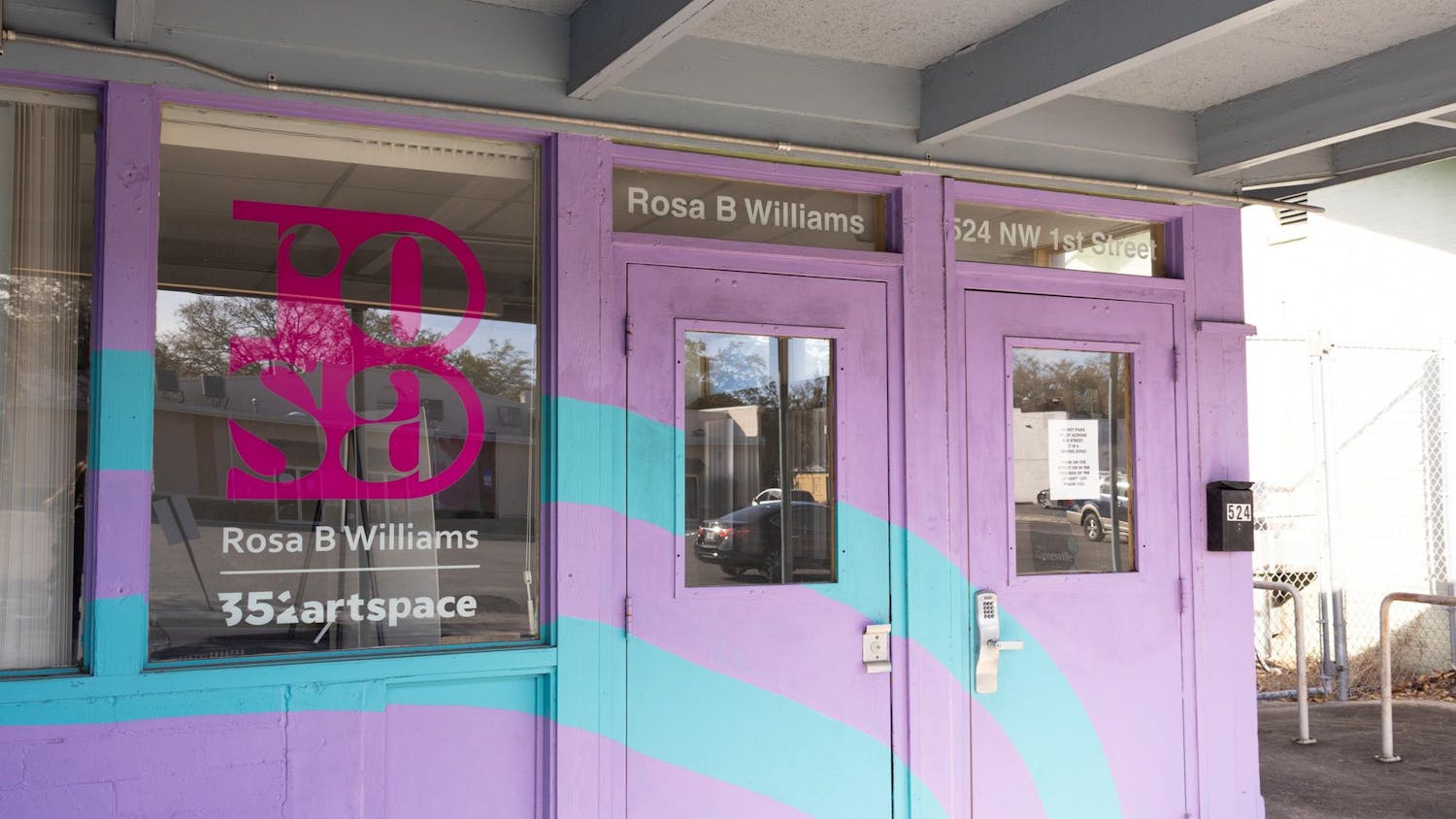A simple but often overlooked truth is that sexual assault is the responsibility of the perpetrators. Yet time and time again, sexual assault survivors are scrutinized and held responsible for what perpetrators chose to do to them.
Discussions of sexual assault too often turn to victim-blaming (e.g., were they at a party? Were they drinking? What were they wearing?) This must be reframed so the actions and choices of sexual assault perpetrators are under the spotlight.
We are a team of student and faculty researchers in the Center for Gender, Sexualities and Women’s Studies Research at UF who, for the past year, have been working in collaboration with Alachua County Victim Services and Rape Crisis Center to examine criminal justice responses to rape and sexual assault in Gainesville.
Around three-quarters of sexual assaults in the US are not reported to the police. It is estimated that, nationally, fewer than 5% of reported sexual assaults result in a conviction — a pattern that is not unique to the U.S.
This impunity for perpetrators and the lack of justice for survivors has consequences. As we continue to analyze local trends, two issues have emerged from our work.
How can sexual assault survivors get justice?
The first issue is establishing what survivors want and need in terms of justice. Too many perpetrators are protected and not held accountable.
Gainesville has specialist advocates in the community and on campus who provide support for all sexual assault survivors, including those who want to pursue a police report and those for whom restorative justice might be preferable.
Accountability is not a one-size-fits-all situation. For many survivors, especially people of color and LGBTQ+ folks, the criminal justice system brings fear of further victimization. Justice in any form is often denied because of a perceived lack of credibility, especially when assaults are not reported to law enforcement immediately after they occur.
Start by Believing is a campaign in which people can pledge their understanding that nothing a victim-survivor does or says makes sexual assault their fault.
How can we end sexual violence?
The second issue is to recognize, name and change the culture around sexual violence.
A 2019 survey of UF students found that nonconsensual sexual contact by force or inability to consent was common on campus, particularly among young women. Nearly 1 in 3 undergraduate women, 1 in 5 graduate women and 1 in 7 trans, nonbinary and gender-nonconforming people reported such contact.
Contrary to rape myths that assume “real rape” occurs when a strange man jumps out of the bushes to assault an unsuspecting woman, most rapists of college women are men who are friends, former partners and acquaintances of female survivors.
Most conversations about stopping sexual violence are directed at women on how to avoid being a victim of sexual assault. Don’t walk alone at night. Lock your door. Watch your drink.
Is this the most ambitious we can be about stopping sexual violence? Why not “don’t sexually assault people?”
Sexual assault can only end when perpetrators no longer commit sexual assault. To achieve that, we have to develop ideas of masculinity that are not linked to sexual conquest and entitlement.
Where does change need to begin?
On college campuses, aspects of party culture that facilitate sexual coercion have been normalized or excused. As students, we are witnesses to this.
The targeting of intoxicated women needs to stop.
It almost appears to be socially acceptable to grab women and touch them sexually while dancing at clubs or parties. This needs to stop.
Sexual harassment and assault in a public space is an everyday occurrence. This entitlement to sexually invade the bodies of women, trans, nonbinary and gender-nonconforming students needs to stop.
Men need to have conversations with each other about stopping this behavior and challenging others who do it. These conversations must go beyond teaching women how to say “no.” They must include teaching men about hearing and respecting “no.”
Guilt-tripping partners or asking repeatedly until they give in to sex — what Peggy Reeves Sanday calls “working a yes out” — is not consent.
All UF students deserve a campus where survivors of sexual assault are believed, supported and given the space to work out their needs.
We also want our campus and the outside world to take up the task of stopping sexual assault where it begins — with perpetrators.
Written collaboratively by Haaniya Ahmed, Asia Barlow, Lanique Griffin and Alexandra Quintana. With Dr. Maddy Coy and Dr. Alyssa Zucker from the Center for Gender, Sexualities, and Women’s Studies Research.






